Unstable Funding ‘Constrains’ Diamond Open Access in Africa
Journals that do not charge authors or readers struggle with staffing and budgeting, study finds
Send us a link
Journals that do not charge authors or readers struggle with staffing and budgeting, study finds

Research assessments regularly focus on outstanding and unique achievements, rather than the everyday failures and disappointments associated with academic work. Discussing a recent self-assessment and annual research report at Maastricht University that took a more candid approach to failure, Sally Wyatt suggests that research culture can benefit from a more realistic appraisal of failure.

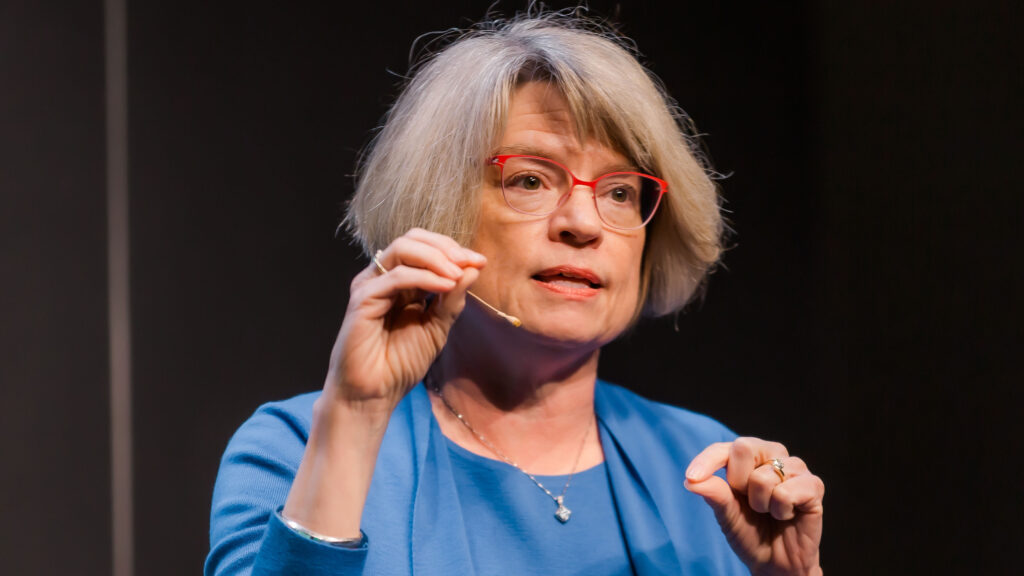



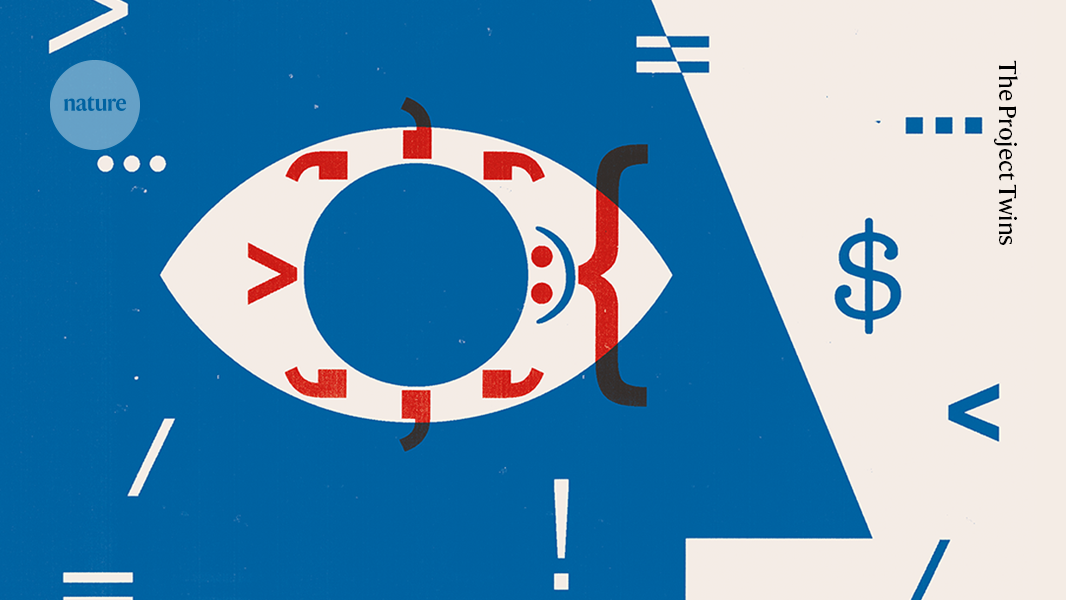
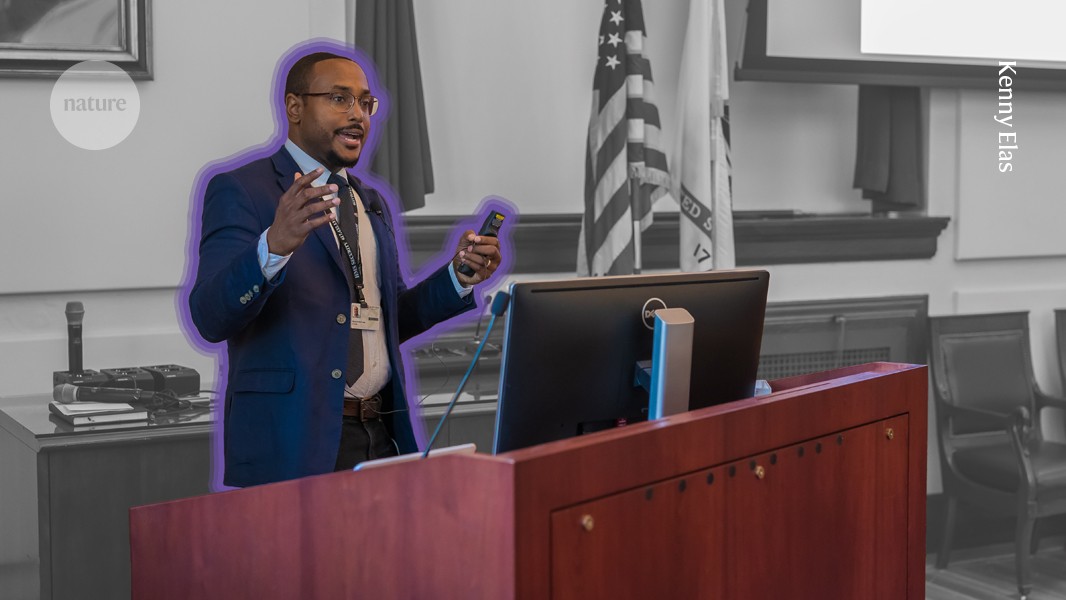
The scramble to get academic research funded contributes to society's inability to handle issues such as climate change.

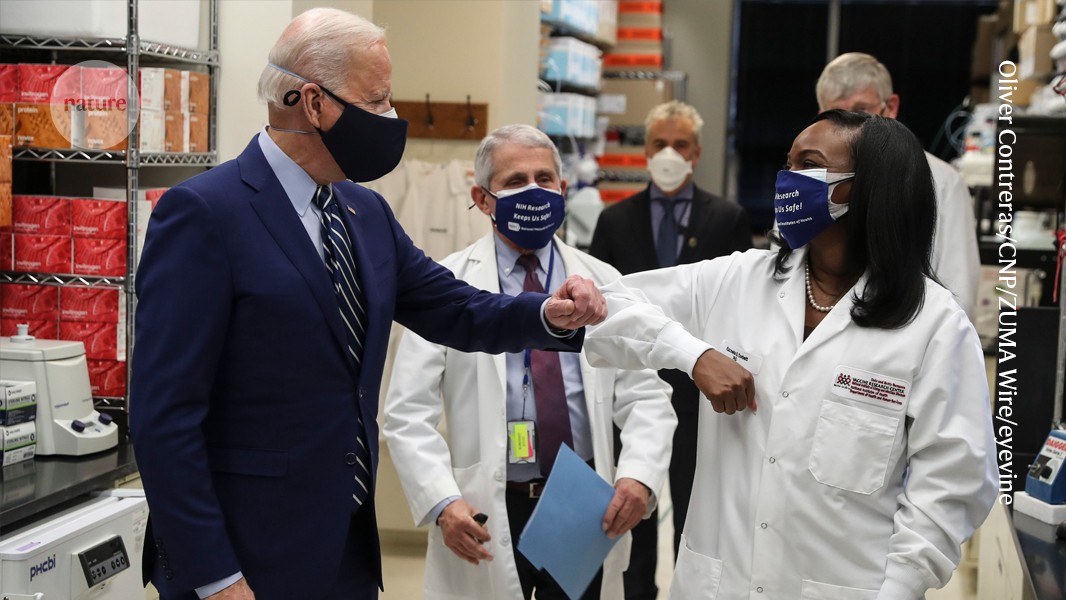
The scientific enterprise both fueled, and was fueled by, the colonial one. Today, the smudged fingerprints of colonization still linger on the scientific enterprise.
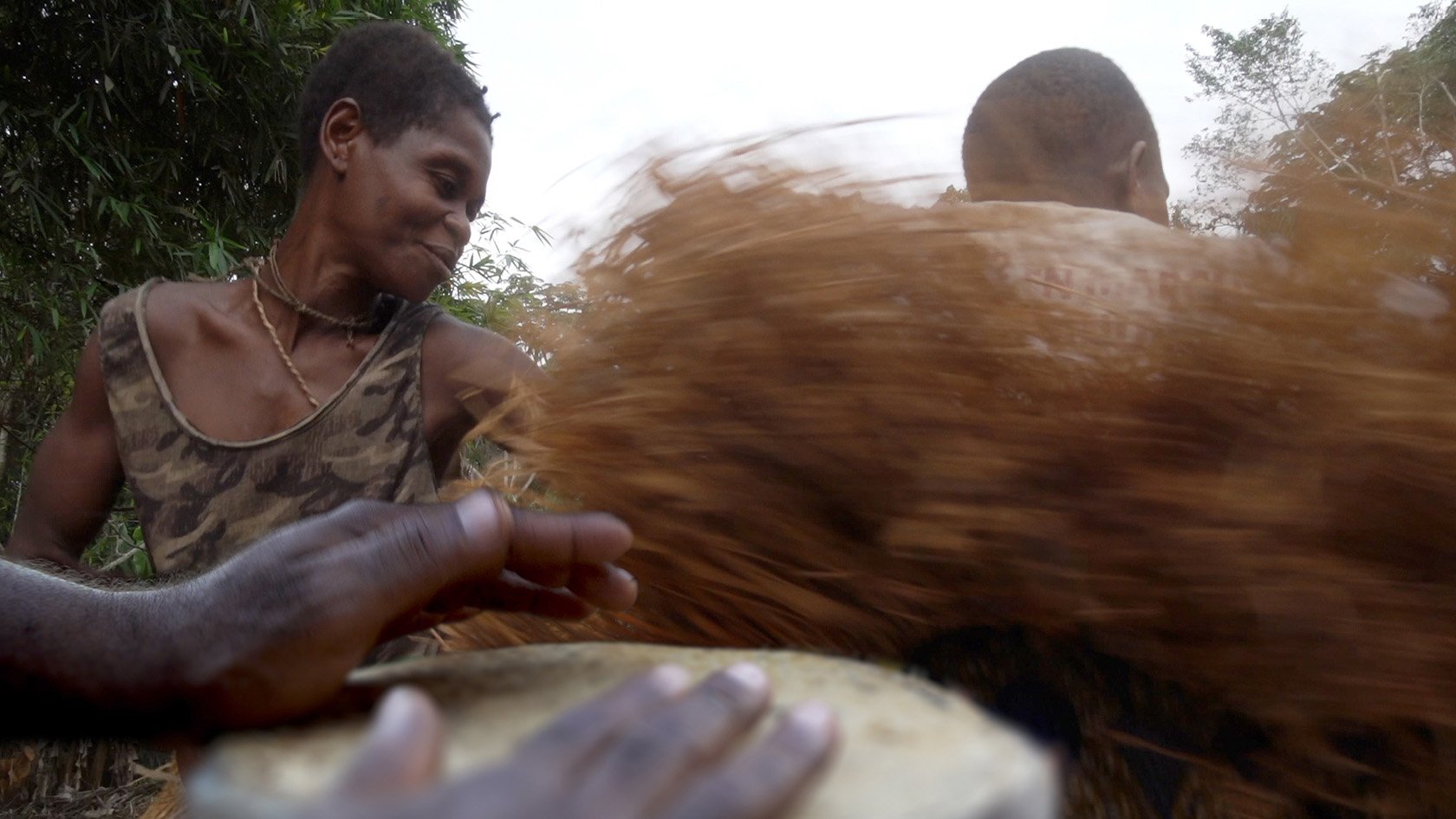

Researchers are establishing a framework that protects the way Indigenous data is collected and used around the world, thanks to a $1.5 million grant from the National Science Foundation.
When evidence-based policymaking is so often mired in disagreement and controversy, how can we know if the process is meeting its stated goals?
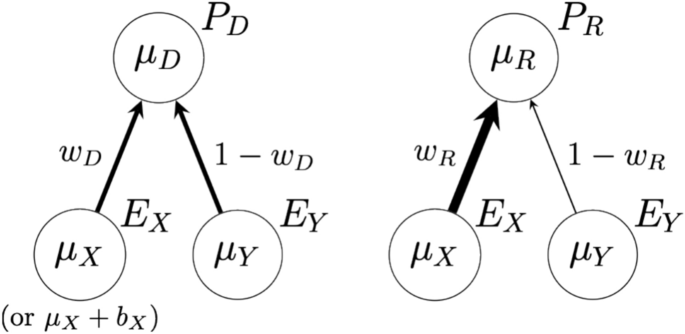
Discussions around global equity and justice in science typically emphasize the lack of diversity in the editorial boards of scientific journals, inequities in authorship, “parachute research,” dominance of the English language, or scientific awards garnered predominantly by Global North scientists. These inequities are pervasive and must be redressed. But there is a bigger problem. The legacy of colonialism in scientific research includes an intellectual property system that favors Global North countries and the big corporations they support. This unfairness shows up in who gets access to the fruits of science and raises the question of who science is designed to serve or save.
For far too long, medicine has ignored the valuable insights that patients have into their own diseases.
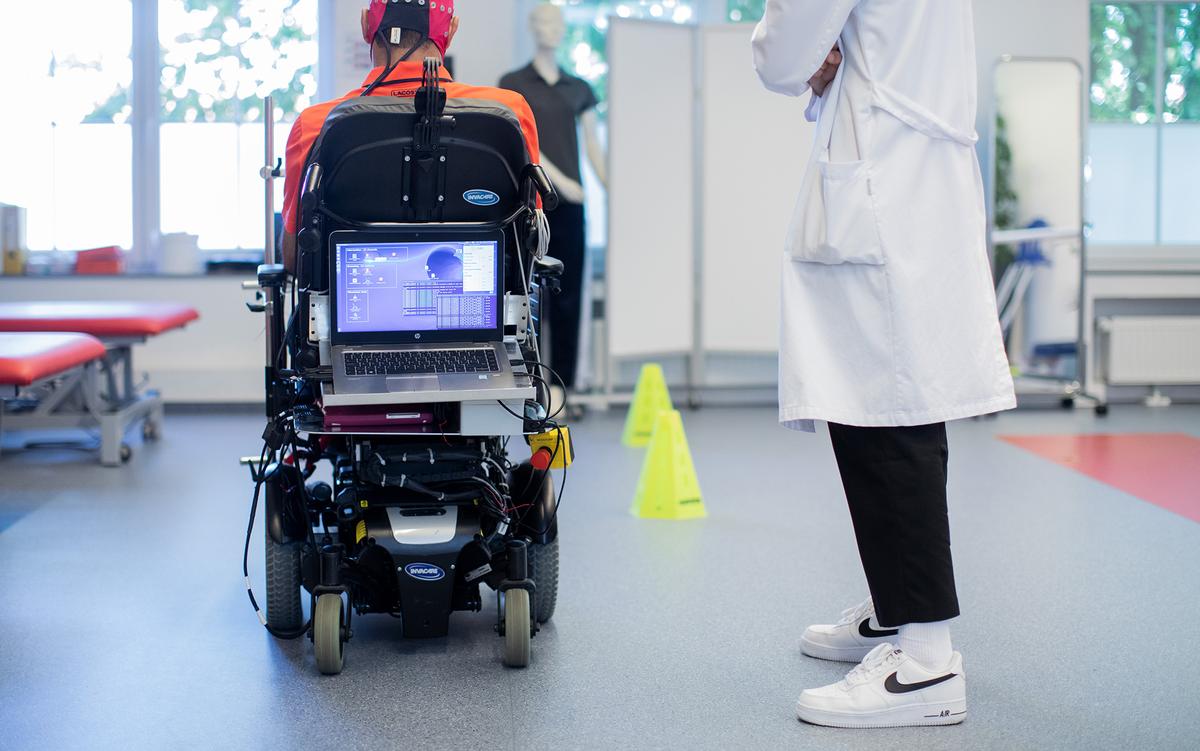
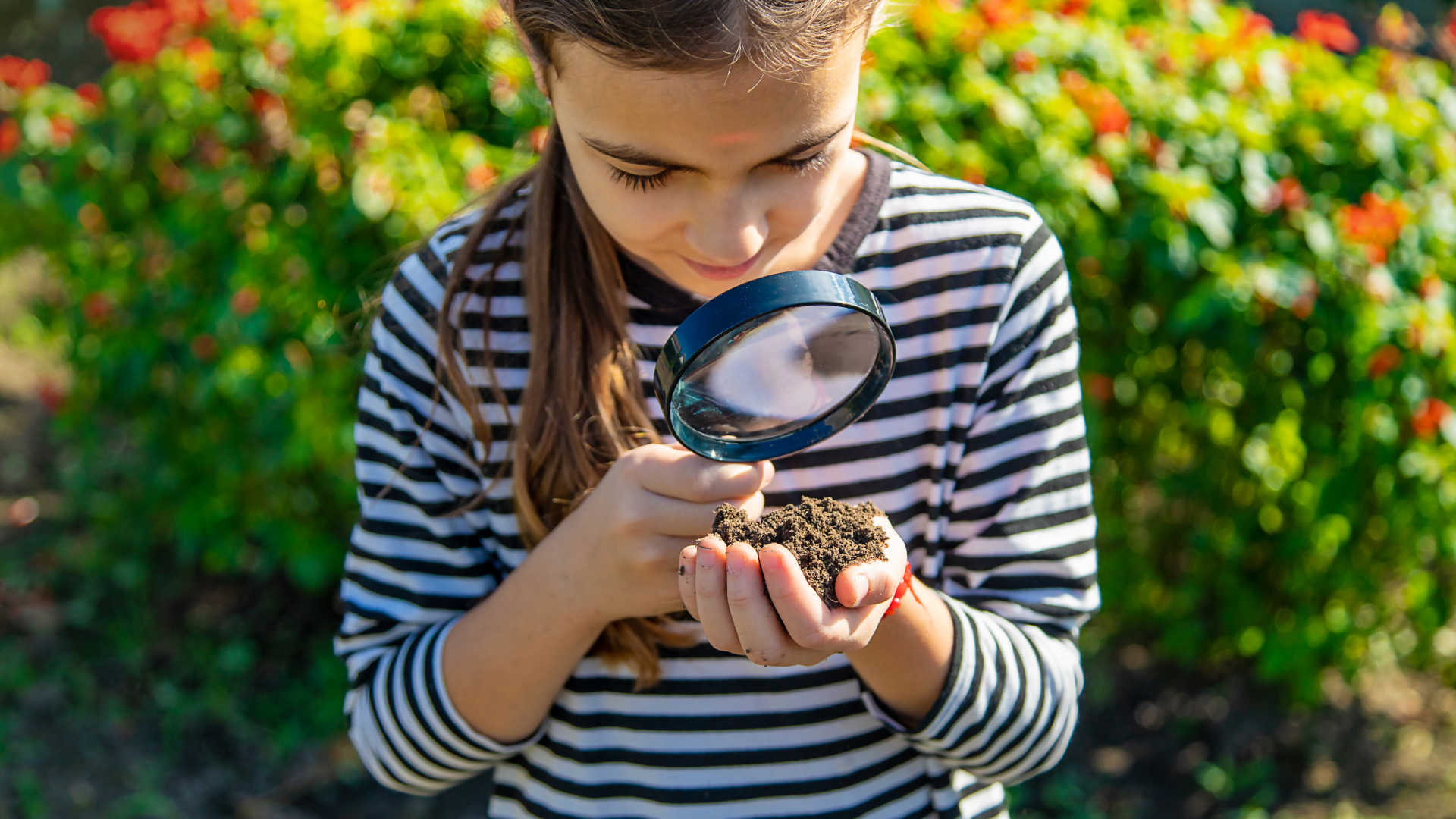
With vision and force of personality, Christian Happi built a world-class genomics center so Africans can help Africa.